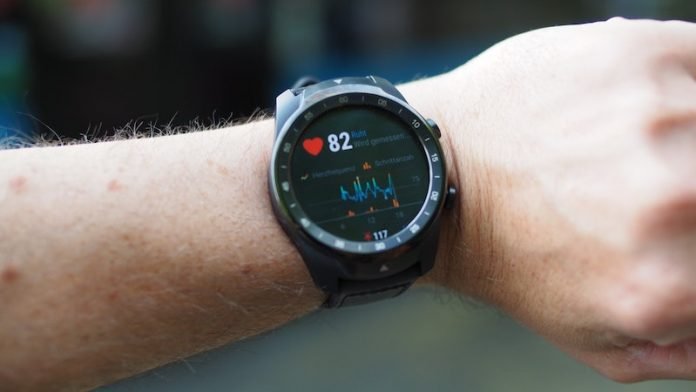
Scientists from the University of Michigan found if one becomes ill with COVID-19, their smartwatch can track the progression of the symptoms, and could even show how sick they become.
The research is published in Cell Reports Medicine and was conducted by Daniel Forger et al.
In the study, the team examined the effects of COVID-19 with six factors derived from heart rate data.
They used an algorithm that was originally developed to estimate the daily circadian phase from wearable heart rate and step data.
They looked at a baseline period of 8-35 days before COVID symptom onset and an analysis period defined as 7-14 days around COVID symptom onset.
They discovered new signals embedded in heart rate indicating when individuals were infected with COVID and how sick they became.
The researchers found that individuals with COVID experienced an increase in heart rate per step after symptom onset, and those with a cough had a much higher heart rate per step than those without a cough.
They found that COVID dampened biological timekeeping signals, changed how your heart rate responds to activity, altered basal heart rate, and caused stress signals.
They showed that these measures were strongly altered and could show symptomatic vs. healthy periods in the wearers’ lives.
The same method could be used to detect other diseases such as influenza, and the researchers say the approach could be used to track disease at home or when medical resources are scarce, such as during a pandemic or in developing countries.
Sign up for our newsletter for more information about this topic.
If you care about COVID, please read studies about how to minimize lung damage in COVID patients, and 7 things can increase death risk in COVID-19.
For more information about COVID, please see recent studies that vitamin D3 could help people fight COVID-19, and results showings scientists find the cause of smell loss in COVID-19.
Copyright © 2022 Knowridge Science Report. All rights reserved.



